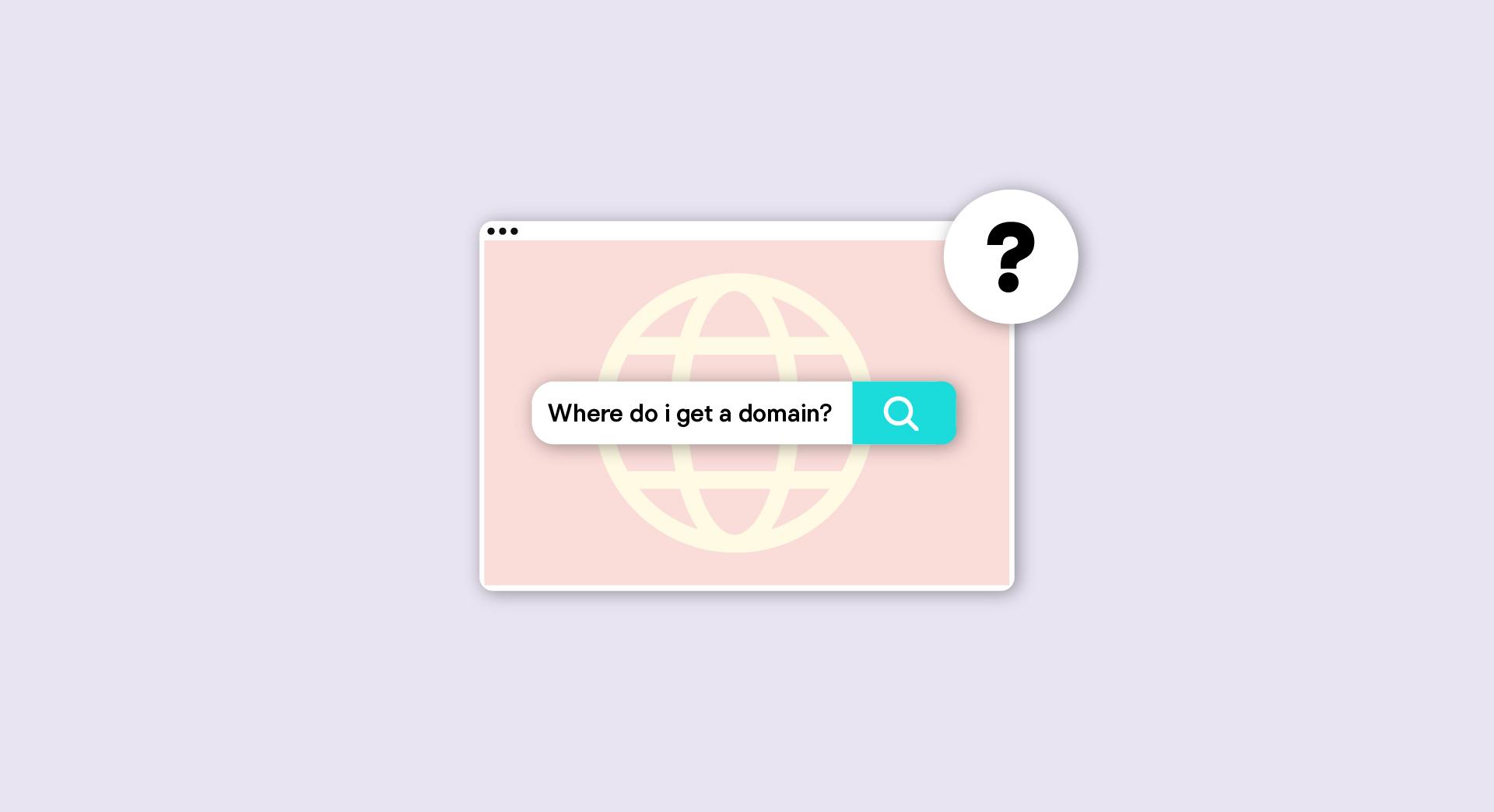As business owners, we have a million and one different things to do each day. But how do we know when it’s time to start hiring workers to grow our businesses and take the load off?
Hiring workers is a big commitment, and it shouldn't be just because you are busy — it needs to be part of a long-term strategy.
Growing a team is a strategic decision that needs to be planned well in advance. You also need to be aware of your employer obligations and meet all the compliance requirements.
Editor’s note: If you have a small business but no business website, now is definitely the time to get one. Get your website online now with GoDaddy. It's fast, easy and free.
How to know when it’s time to start hiring workers
In this section, we’ll review the five things to consider before hiring. All are indicators on whether you are ready to hire new team members. We’ll also share some of the responsibilities you need to be aware of as an employer in Australia.
You start turning down work due to max capacity
The most obvious sign you may be ready to hire workers is when you find yourself turning down work because you simply can’t do more. When you can no longer take on any more clients because of capacity, it’s time to consider hiring workers.
Or if you run a retail business you may not be able to put in more hours, yet customers want increased access to your store.
If you want your business to grow, you need to extend your capacity level. This means incorporating someone into the team to handle operations, while you focus more on strategic direction. Alternatively you could divide the roles and jobs to be done based on your and your new team members’ strengths and weaknesses.
Now we’ll walk you through the pre-hiring process.
1. Write a complete job description
Before hiring workers, a helpful exercise is to write out a complete job description. This will help you pinpoint exactly how the employee might help you.

Everyone wants a unicorn employee, but you need to be reasonable and realistic about what's required. Writing a job description will provide clarity on what a whole work week looks like. Ask yourself:
- Is there enough work for eight hours a day?
- Can the person start on a part-time basis?
- Should they be hired on an as-needed or casual basis?
Once you have a better understanding of what is required, think carefully about which kind of worker will work best for you. The main employment types in Australia are:
- Full-time: Usually works, on average, 38 hours each week.
- Part-time: They receive the same minimum entitlements as a full-time employee, but on a pro-rata basis.
- Casual: According to FairWork Australia, a casual employee does not have a firm commitment in advance on how long they will be employed for or the days (or hours) they will work.
- Apprentices and traineeship: These are formal training arrangements that combine work with study for a qualification. Through the government’s Boosting Apprenticeships wage subsidy, some employers are eligible for a subsidy of 50% of wages paid to a new or recommencing apprentice or trainee for a 12-month period from the date of commencement (to a maximum of $7,000 per quarter). The subsidy applies to the period of 5 October 2020 through 30 September 2021.
- Contractors and subcontractors: Independent contractors provide agreed-upon services under a contract. Contractors usually negotiate their fees and working arrangements, and can work for more than one client at a time. You can find more information on contractors here.
Please visit the FairWork Ombudsman page on Types of Employees for a full breakdown of each employment type.
2. Think about it as an investment in growth
Thinking about how much cost goes into having someone join the team is a common instinct.
Salary, superannuation, and the cost of training can be a considerable investment of your time and money.
But what if you flip that mindset around? What if the team member can attract more business than you would otherwise? When hiring workers, think about the potential revenue they can bring in. This could make the investment well worthwhile.

Additionally, if you overextend yourself as a solopreneur, you may compromise the customer experience. Chasing clients, taking calls and answering enquiries can preoccupy a majority of your time. If you feel stretched, you may soon find yourself dealing with customer complaints.
Losing a high-paying client can cost you more than an employee's salary. It could also cost your business a bad reputation.
A poor customer experience means the client will tell others. Don't risk letting your customers down due to not hiring workers. Adding an employee is a big deal, but be realistic about your capacity. Look for the right talent so you don’t miss out on opportunities.
3. Ensure you can afford hiring workers
Selecting someone right for the job is just one piece of the puzzle. It’s important to think about additional costs by asking yourself the following questions:
- Do you have the cash flow to consistently pay an employee?
- What about covering the required taxes and insurance?
- Do you have space and equipment the employee needs or will that cost extra?
Hiring workers comes with financial and administrative responsibility. You must be sure you can handle everything that comes with it.
Ad hoc work is okay if it's just you doing the work.
But when you add a new hire who's expecting a regular salary, you need to be sure you can pay them.
Work should be steady, so make sure you can answer the next questions with confidence:
- Are new customers finding you quickly?
- Is there a demand for your product or service?
- Are your customers sticking with you for more than one project or longer than a few months?
Think about this carefully because it won't be fair to lay someone off when you've just hired them.
To help with the process, the FairWork Ombudsman has a Pay Calculator to work out what you’ll need to pay a new employee. It will also help you work out which award to apply and if you have to pay employees extra for working overtime or on weekends (known as penalty rates).
Related: A guide to workers’ compensation insurance
4. Know your employer obligations
When hiring workers, there are tax and superannuation obligations. Your responsibilities may include:
- Pay as you go (PAYG) withholding tax
- Superannuation guarantee
- Fringe benefits tax (FBT)
You need to be clear about your legal obligations when hiring workers. Your responsibilities begin as soon as your employee starts working for you, up until they finish.
The best thing to do is speak to an accountant. Make sure you're clear about your responsibilities and understand all the rules involved. You can also find out more information by visiting the Australian Taxation Office page.

Other than tax obligations, all employees have certain rights under Australian employment law. Referred to as the National Employment Standards (NES), there are 10 minimum employment entitlements you must provide to all employees.
The law says that the following agreements cannot provide employment conditions that are less than the minimum wage or NES:
- Award
- Employment contract
- Enterprise agreement or other registered agreement
You can find out more about your obligations and download free resources for small businesses from the Fair Work Ombudsman's website.
Choose wisely, as people are your most valuable asset
Hiring workers (whether it’s only one or a few) comes with many things to be aware of. Once you hire someone, it’s important to think about retaining talent and acknowledging excellent work -- especially if they go above and beyond.
Rewards are not always financial. There are many other non-financial rewards and benefits to offer new hires. These could include:
- Flexible working hours
- Subsidised health insurance
- Extensive training and development plans
Employees are the voice of your business. Onboarding and training can be time consuming and expensive when you’re trying to hire. But the long term benefits are certainly there if you hire the right people. Make sure to look after them and they will, in turn, look after your business.
This post should not be taken as legal or financial advice. If in doubt, always consult legal or financial professionals before hiring workers.






